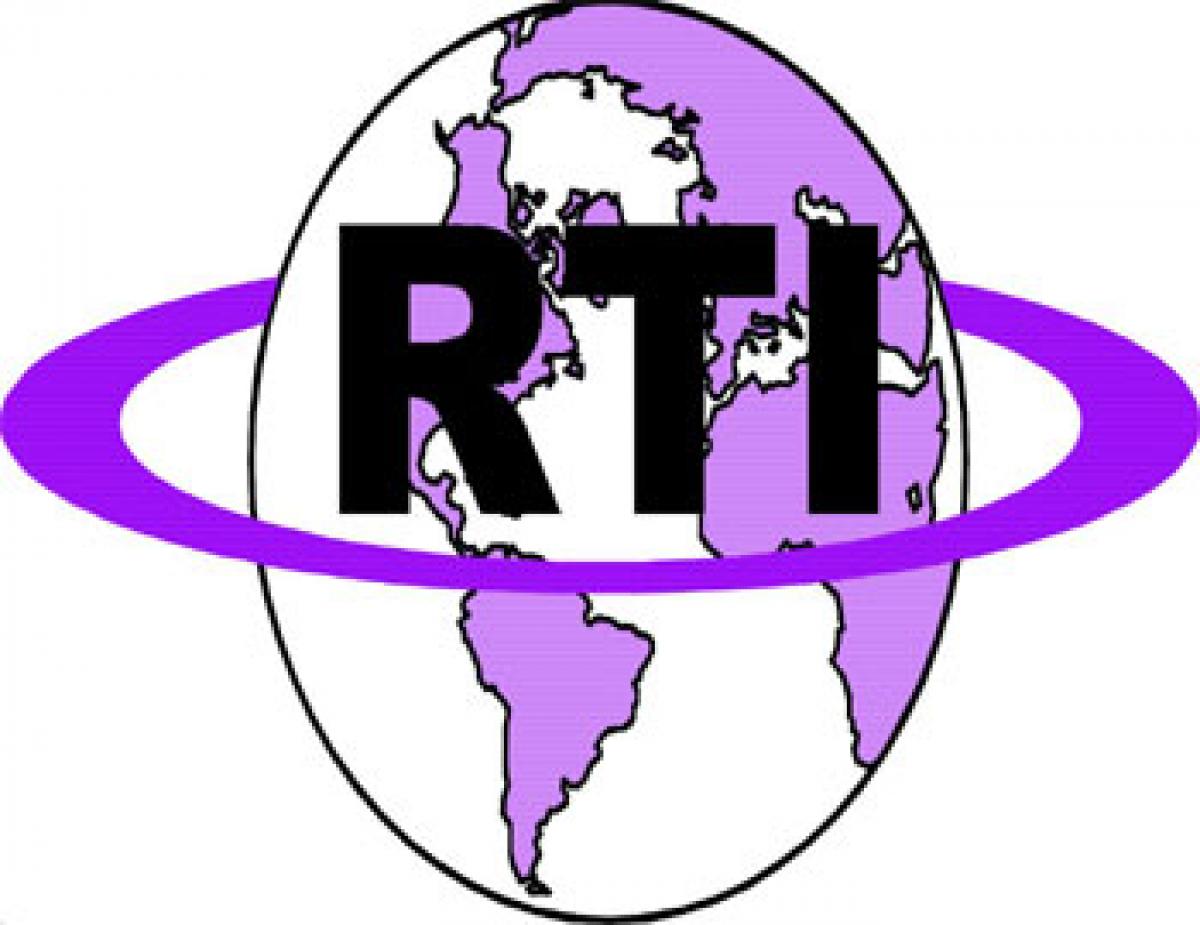Live
- Trump fancies himself a skilled dealmaker, but ME peace might be beyond him
- Six Useful Strategies to Control Your Heart During the Pollution Season
- Phalodi Satta Bazar Predicts Close Race in Maharashtra Assembly Election 2024
- Federer Pays Heartfelt Tribute to Nadal Ahead of His Retirement: "An Epic Career"
- Odisha holds successful mega investors roadshow in Singapore
- PGTI Tour: Top stars to fight for honours in Servo Masters Golf
- SC upholds termination of LIC employee for absenting himself without intimation
- ‘Stone me or shoot me, won’t spare anyone,’ says Anil Deshmukh after discharge
- Siddaramaiah, Shivakumar turning Karnataka into Pakistan: K’taka BJP
- Zimbabwe records 70 suspected cholera cases, one death amid new outbreak
Just In

One common complaint from Right to Information (RTI) applicants is about the improper reply from the Public Information Officers (PIOs). Some PIOs give incomplete & irrelevant information and this often becomes the reason for filing an appeal.
.jpg) A common complaint made by RTI applicants is about the improper reply given by PIOs. Most replies do not contain adequate information, thus making it impossible to contact the relevant PIO in case of further clarification. Now the DoPT has issued an OM directing all the PIOs to ensure that certain points are kept in mind while sending replies under the RTI act
A common complaint made by RTI applicants is about the improper reply given by PIOs. Most replies do not contain adequate information, thus making it impossible to contact the relevant PIO in case of further clarification. Now the DoPT has issued an OM directing all the PIOs to ensure that certain points are kept in mind while sending replies under the RTI act
One common complaint from Right to Information (RTI) applicants is about the improper reply from the Public Information Officers (PIOs). Some PIOs give incomplete & irrelevant information and this often becomes the reason for filing an appeal.
The Department of Personnel & Training (DoPT), the nodal ministry, in charge for the implementation of the RTI act, has in March this year, initiated a public consultation process on the format for providing a reply to RTI applicants.
The DoPT sought comments from all stakeholders on the points suggested by a committee comprising of representatives from the DoPT, Ministry of Home Affairs & Central Information Commission.
This committee felt that there should not a model format for reply since information sought could be varied in nature, but recommended certain points that are to be adopted by all PIOs.
What is the result of the Consultation Process?
The DoPT has now accepted the suggestions of this committee and issued an Office Memorandum (OM), on 6thOctober 2015 detailing the points to be contained in every reply to an application under RTI.
These points are of course, in addition to providing the accurate information as sought by the applications. These points listed down by the DoPT are reasonably comprehensive. Let us look at these points one by one.
The first two points in this OM mandate the PIO to mention the RTI application number, date of reply & date of receipt of the application.
It also mandates the mention of the name, designation, official telephone number & email ID of the PIO. These will help the applicant know who the PIO is and consult him in case of further clarification.
Ideally this is what is expected of the PIO, that the date of the reply be clearly written along with date of the receipt of the application and the application number.
Most PIOs do not mention their official telephone number & email ID. Now this is being made mandatory.
In case of Denial, specify detailed reasons
The OM also directs the PIOs to clearly mention detailed reasons in case the information requested is to be denied. Most PIOs simply quote the relevant section number and leave it there. They do not explain the detailed reasons for the information to fall under such provisions.
In case of transfer, mention the details of the public authority
Section 6(3) of the RTI act authorizes any public authority to transfer an application if the information sought pertains to another public authority. The OM now directs the PIOs to clearly mention the details of the public authority to whom the application is being transferred.
Details of the First Appellate Authority to be clearly mentioned Section 19(1) of the RTI act allows the applicant to file a first appeal with the First Appellate Authority in case he does not receive a reply within the mandatory 30 days or if he is not satisfied with the given reply.
Again the OM directs the PIOs to clearly mention the name, designation, official telephone number and email ID of the first appellate authority.
Certified Copies to be attested
Section 2(j) of the RTI act authorizes a citizen to seek ‘certified copies’ of documents. Whenever such a request is made, the PIO is supposed to endorse the document as a True Copy and attest it with the seal containing the name of the officer and name of the public authority.
Most PIOs do not follow this and hence a common complaint from the citizens. Only a certified true copy can be used as evidence in courts. Thankfully, the DoPT has now made it clear in its latest OM.
In most departments, the PIOs are senior officials who may not have the time to personally sign thousands of pages if the information sought is voluminous. In such cases, the DoPT has said that the certification could be done by a Junior Gazetted officer.
Source: factly.in

© 2024 Hyderabad Media House Limited/The Hans India. All rights reserved. Powered by hocalwire.com







